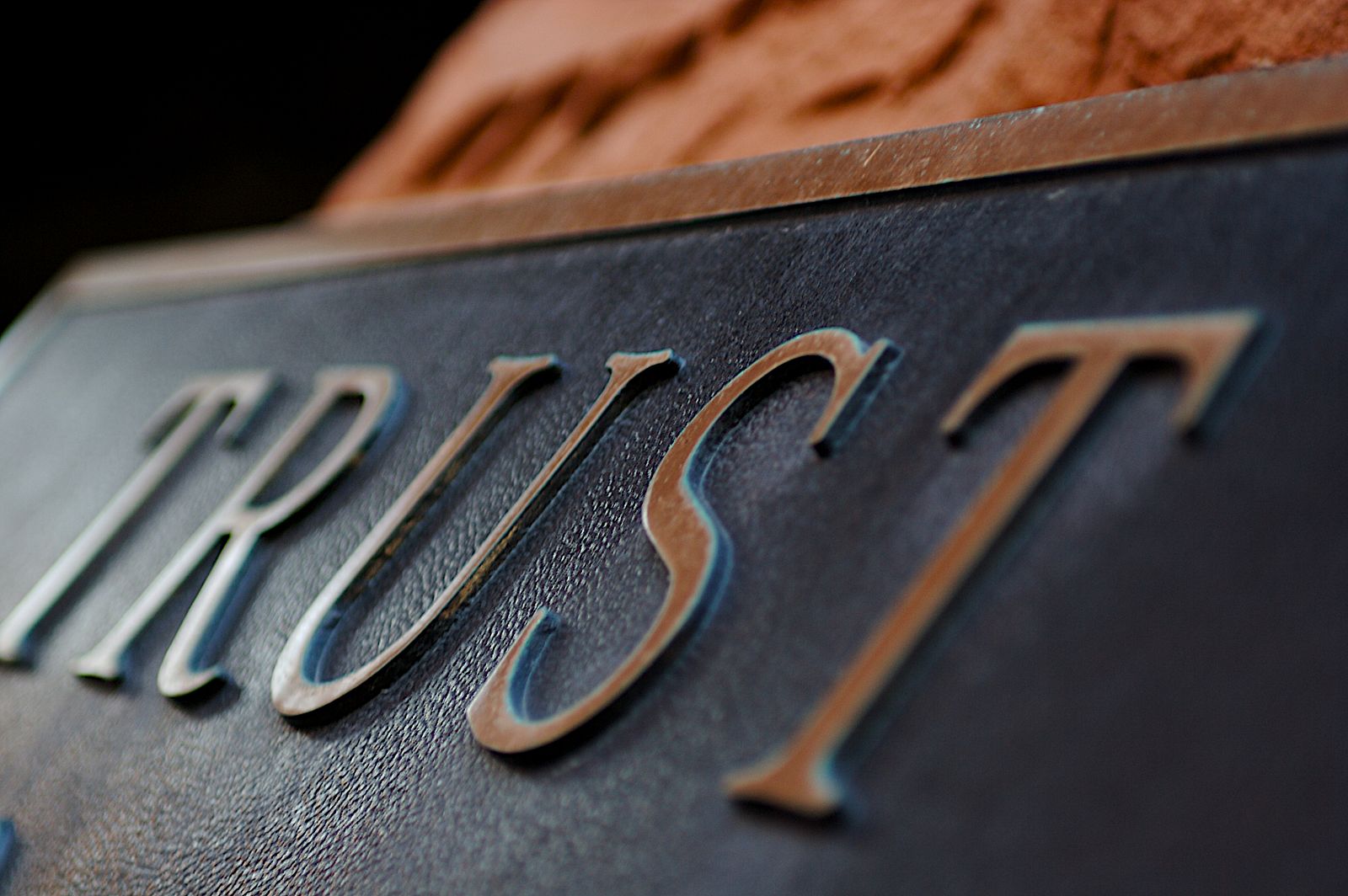
Not dealing with failure demand is hurting your customer experience
December 10, 2018
How to get the human touch and technology balance right in customer experience
December 19, 2018Becoming a trusted company is an absolute requirement of a winning strategy – Interview with Christopher Roark of Accenture
Today’s interview is with Christopher Roark, Managing Director at Accenture Strategy. Christopher joins me today to talk about Accenture’s new Competitive Agility Index, how a decline in stakeholder trust impacts a company’s financial performance and competitiveness, what management teams need to be thinking about and what companies should be doing about their findings.
This interview follows on from my recent interview – Leaders should experience what it is like to be one of their own customers more often – Interview with Shaun Belding– and is number 287 in the series of interviews with authors and business leaders that are doing great things, providing valuable insights, helping businesses innovate and delivering great service and experience to both their customers and their employees.
Here’s the highlights of my chat with Christopher:
- Historically, we have relied on financial metrics and total shareholder return to gauge competitiveness. But, these are lagging indicators and are no longer proving to be a good predictor of success.
- Accenture Strategy recently released its Competitive Agility Index – a 7,000-company, 20-industry analysis, which drew on 4 million data points and that, for the first time, can tangibly quantify how a decline in stakeholder trust impacts a company’s financial performance and competitiveness.
- They have found that companies now need an interdependent strategy that combines growth, profitability and trust in their are to compete on an ongoing basis.
- The emergence of trust as a dynamic is being driven by a rise in sustainability and that corporations are increasingly expected to act more responsibly.
- The index is a combination of those three three elements.
- Trust has many dimensions. Two important dimensions that play a big part in the index are how a company is positioned in their customer’s mind and how the company is perceived in the war for talent, where employees are now choosing companies based on who they associate with and their principles.
- Trust is cultural and is built into the DNA of the enterprise.
- As a result, it is perhaps one of the most important topics that boards and management teams should be talking about.
- Among the 7000 companies surveyed and analysed, just over half 54 percent have encountered a meaningful trust incident. [A trust incident is defined as a publicly reported event that impacts any one of the dimensions of trust across the range of stakeholder groups: customers, employees, partners, capital markets etc.]
- Chris shared a couple of examples:
- A B2C company that launched a sustainability-oriented publicity event that backfired and resulted in a break down in trust between them and their stakeholders. The resulting negative viral publicity caused its trust score to drop by nine percent in one quarter. Its Competitive Agility Index score for the year then declined 1.4 percent. Revenues declined by US$400 million, while EBITDA dropped US$200 million.
- Meanwhile, when a B2B company was named in money laundering allegations, and, as a result, its trust score dropped 9 percent in just one quarter. Revenues the following year then dropped almost 34 percent or US$1.8 billion, with EBITDA diving almost 61 percent, or by US$500 million.
- Data, privacy and security concerns are driving a lot of the trust agenda in the business to consumer space right now.
- One food company, with a very well established brand, however, has used these trust dynamics to their advantage. Through social listening and without changing the product they have been able to position their product very differently in very specific markets. This helped them drive a higher level of connectivity and trust with their brand.
- Becoming a trusted company is an absolute requirement of a winning strategy.
- When it comes to establishing trust, companies and brands need to be thinking about a few things:
- Predictability – companies need to segment their customers and then develop the service models for each of those customer groups to deliver predictability. Right now, it is not clear that enough energy is going into really thinking through those choices.
- What is the end end experience? – it’s all about the experience and emotional connection that brands establish with their customers. This is true for both the B2C and B2B arenas.
- Earned loyalty is becoming a much more important topic than ever before..
- Here’s five things that every management team and board of directors needs to be thinking about and asking themselves:
- 1. At the macro level, what is your competitive strategy?
- How well-positioned is the firm in the competitive landscape both in terms of their direct competitive peer group and their more extended peer group?
- Where does the firm stand/score today and what are the relative points of strength and weakness?
- 2. What are the cultural linkages on trust? To establish that, start within the four walls of the firm itself and start by asking questions like: Do employees trust the management team? How much confidence do they have in the leadership team/board of directors?
- 3. Then, consider your largest customers and partners and ask yourself how much do they trust the management and the direction of the firm?
- 4. What investments should be made in trust? What should happen near-term and what should be happening longer term? One of the things that Accenture sees companies doing now is starting to invest a lot more in the analytics of trust so they can get in real time a view on trust among their stakeholders and how it’s evolving. When this is done well it can allow the elements of trust to be broken down into different pieces so that it can become part of the objectives of the management team.
- 5. Finally, what are the scenarios that need to be managed to proactively prevent the impact to trust of trust incidents? E.g. Is the management team working through scenario planning around cybersecurity or recalls or failures of products? Doing this will help you go from a very basic foundation or insight of where you stand today to how do you start to think about actionable insights that can be measured in terms of how you progressed through the year to eventually the creation of a very proactive scenario planning based view of an approach to trust.
- 1. At the macro level, what is your competitive strategy?
- Management teams need to be asking themselves this question:
- Are we talking about trust? And, how would we define trust as a firm?
- Because until you define trust you really can’t measure it.
About Chris
 Christopher Roark is Managing Director at Accenture Strategy.
Christopher Roark is Managing Director at Accenture Strategy.
Christopher is responsible for leading Accenture Strategy’s competitiveness and zero-based cost management platforms in North America. He has spent more than two decades working with publicly traded and privately held consumer-oriented companies to drive enterprise value through growth strategies, operating model designs and structural cost resets. He is based in Chicago.
Check out Accenture’s Competitive Agility Index, say Hi to the Accenture and Accenture Strategy Team’s on Twitter @Accenture and @AccentureStrat and, finally, feel free to connect with Christopher on LinkedIn here.
..
..
Thanks to wikimedia for the image.




